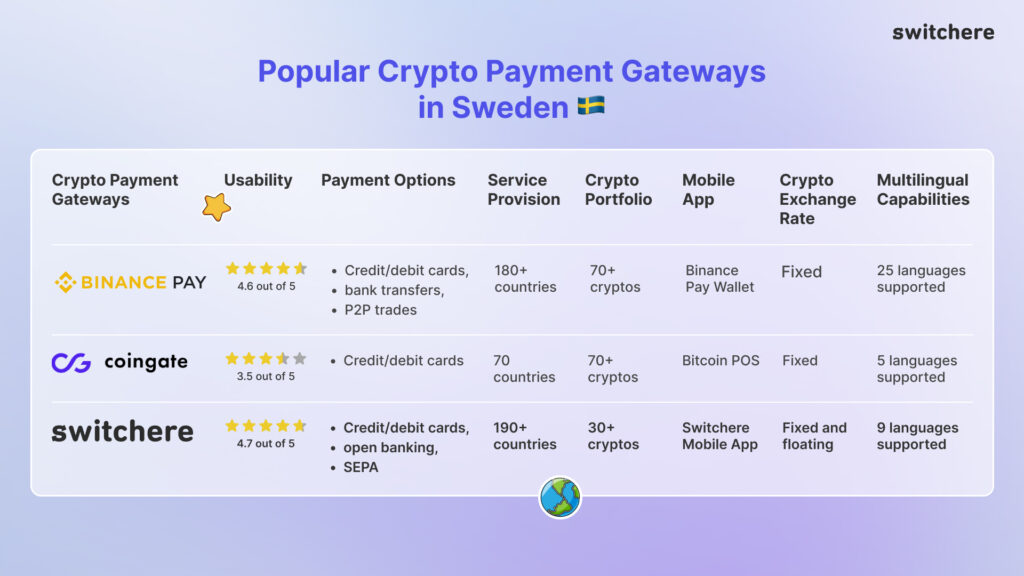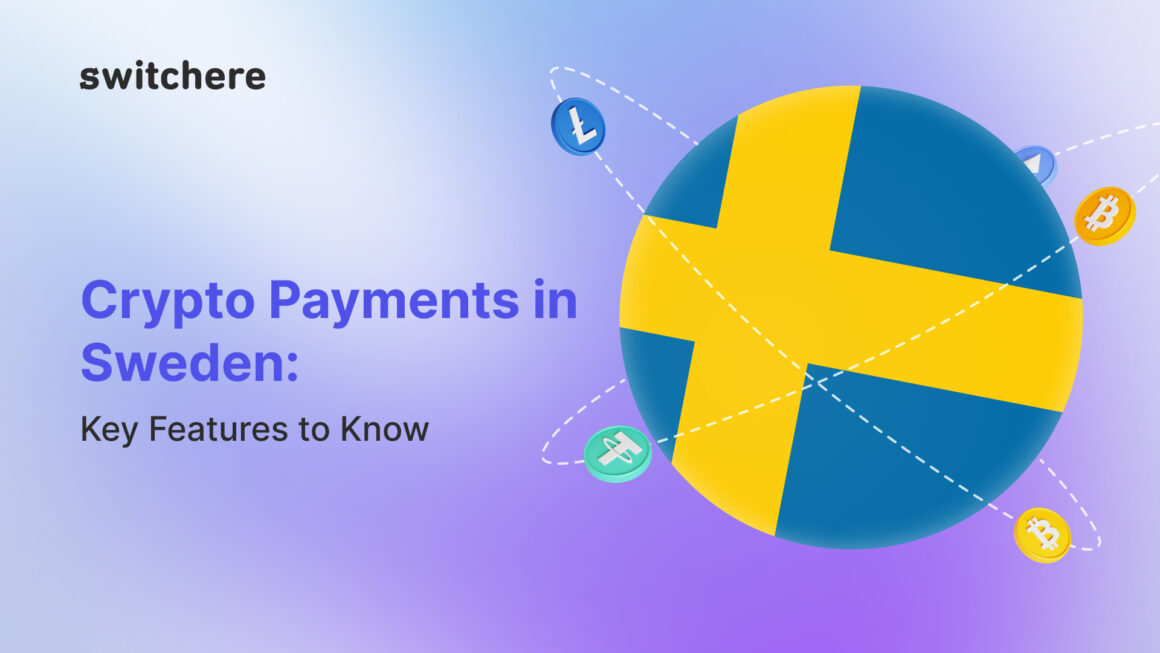Sweden, renowned for its innovative approach and technological prowess, is steadily carving its niche in the burgeoning cryptocurrency market. This article delves into the intricacies of the Swedish legal framework concerning virtual currencies, spotlighting the nuances of crypto payments, regulatory stipulations, and the licensing exigencies for entities operating within this dynamic domain.
The Swedish Crypto Landscape
In the heart of Scandinavia, Sweden stands as a beacon of technological innovation, eagerly embracing the potential of digital currencies. Unlike the bespoke legislation for cryptocurrencies seen in some jurisdictions, Sweden’s regulatory landscape is characterized by its adherence to broader European Union (EU) mandates, supplemented by domestic oversight.
The Swedish Financial Supervisory Authority (Finansinspektionen) is at the helm of financial regulation, extending its purview to include crypto assets. Echoing the 2019 EU directive, Sweden recognizes cryptocurrencies under the financial services umbrella, thereby subjecting them to Anti-Money Laundering (AML) and Counter-Terrorist Financing (CTF) regulations. This strategic alignment with EU norms underscores Sweden’s commitment to fostering a transparent, secure, and regulated crypto environment.
Status of Cryptocurrencies and Crypto Payments
Sweden is witnessing an increasing number of businesses, from chic cafes in Stockholm to innovative tech startups, embracing crypto payments. This shift towards digital currencies is more than a trend; it’s a testament to Sweden’s adaptive and forward-thinking business environment. Cryptocurrencies like Bitcoin and Ethereum are not just buzzwords but are becoming viable payment options for an array of services and products.
The Swedish Tax Agency (Skatteverket) ensures that crypto transactions don’t escape the tax net. Like any other asset, profits from crypto transactions are subject to capital gains tax, integrating cryptocurrencies more seamlessly into Sweden’s economic framework.
Crypto Licensing Requirements for Businesses
For crypto-based businesses, the Swedish market demands adherence to a stringent set of regulations. Registration with “Finansinspektionen” is a must for crypto exchanges, wallet providers, and other related services. This isn’t just about filling out forms; it’s about committing to a high standard of operation, including thorough customer verification processes and diligent reporting and record-keeping.
Failure to meet these standards isn’t an option, as it could lead to hefty penalties or even the loss of the license to operate. It’s a clear message that in the Swedish crypto world, compliance and security take center stage.
Popular Crypto Payment Gateways in Sweden
As crypto payments gain momentum, the role of payment gateways becomes crucial. These platforms offer the bridge businesses need to accept cryptocurrencies safely and efficiently.

Binance Pay
Undeniably, Binance is one of the largest and feature-rich crypto exchanges thus far and Binance Pay is a secure technology powered by the Binance team. The feature allows versatile payment solutions ranging from pay buttons, QR scans, and crypto wallets for merchants. Binance Pay facilitates peer-to-peer TXs using virtual currencies, offering a convenient way for its clients to send and receive payments in all major virtual currencies.
CoinGate
Serving a broad European market, including Sweden, CoinGate allows merchants to accept various cryptocurrencies, offering features like real-time settlements in euros to mitigate volatility risks. It is based in Lithuania, and the company has been in the crypto business for about ten years. CoinGate is largely focused on simple and understandable crypto exchange operations with a functional dashboard, sandbox environment, libraries, and easy-to-embed plugins.
Switchere
Whatever the case, Switchere is a perfect option for all kinds of businesses wishing to accept and process crypto payments. First and foremost, Switchere is a regulated virtual asset exchange service provider and proper EU licensing and necessary permits. Second, the firm renders both B2C and B2C services, where ordinary people from more than 170 countries can effortlessly buy and sell all trending virtual cryptos, and businesses can integrate crypto payment solutions without any problems or delays.
With respect to business integration, Switchere offers an easy-to-use Crypto Payment Gateway, Fiat On-Ramp, NFT Checkout and many more services.
Conclusion
As the country continues to balance innovation with security, the evolving landscape of crypto payments in Sweden offers a fascinating glimpse into what the future of finance might look like, not just in Scandinavia but around the world. Whether you’re a business looking to expand your payment options or a consumer eager to use digital currencies, Sweden’s crypto environment is ready and welcoming.
